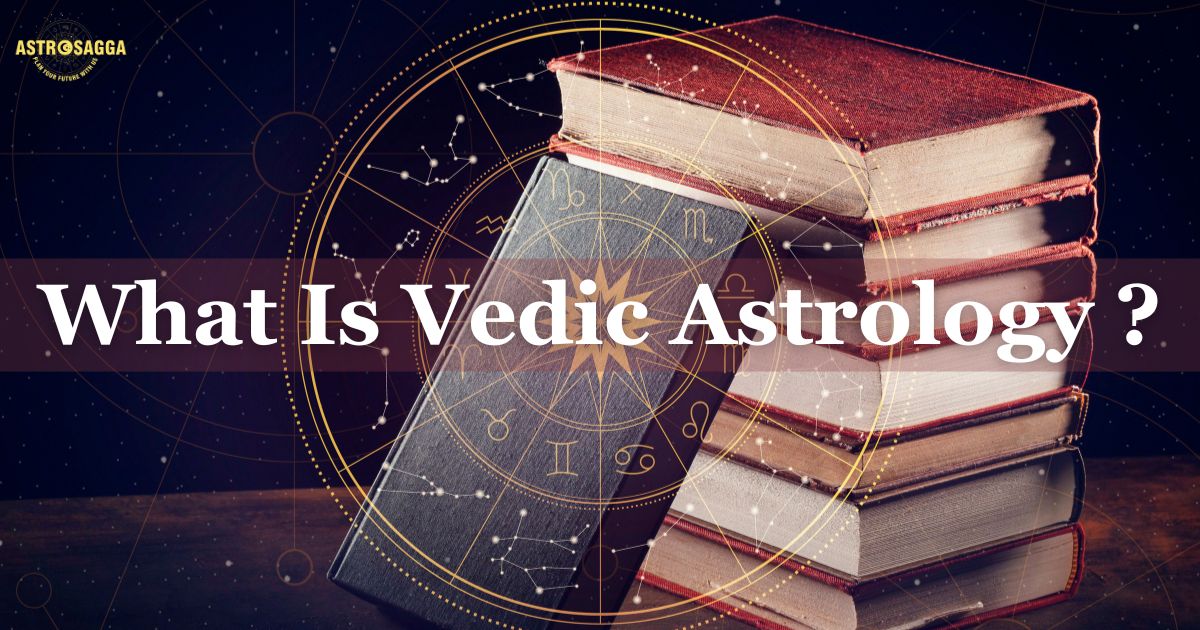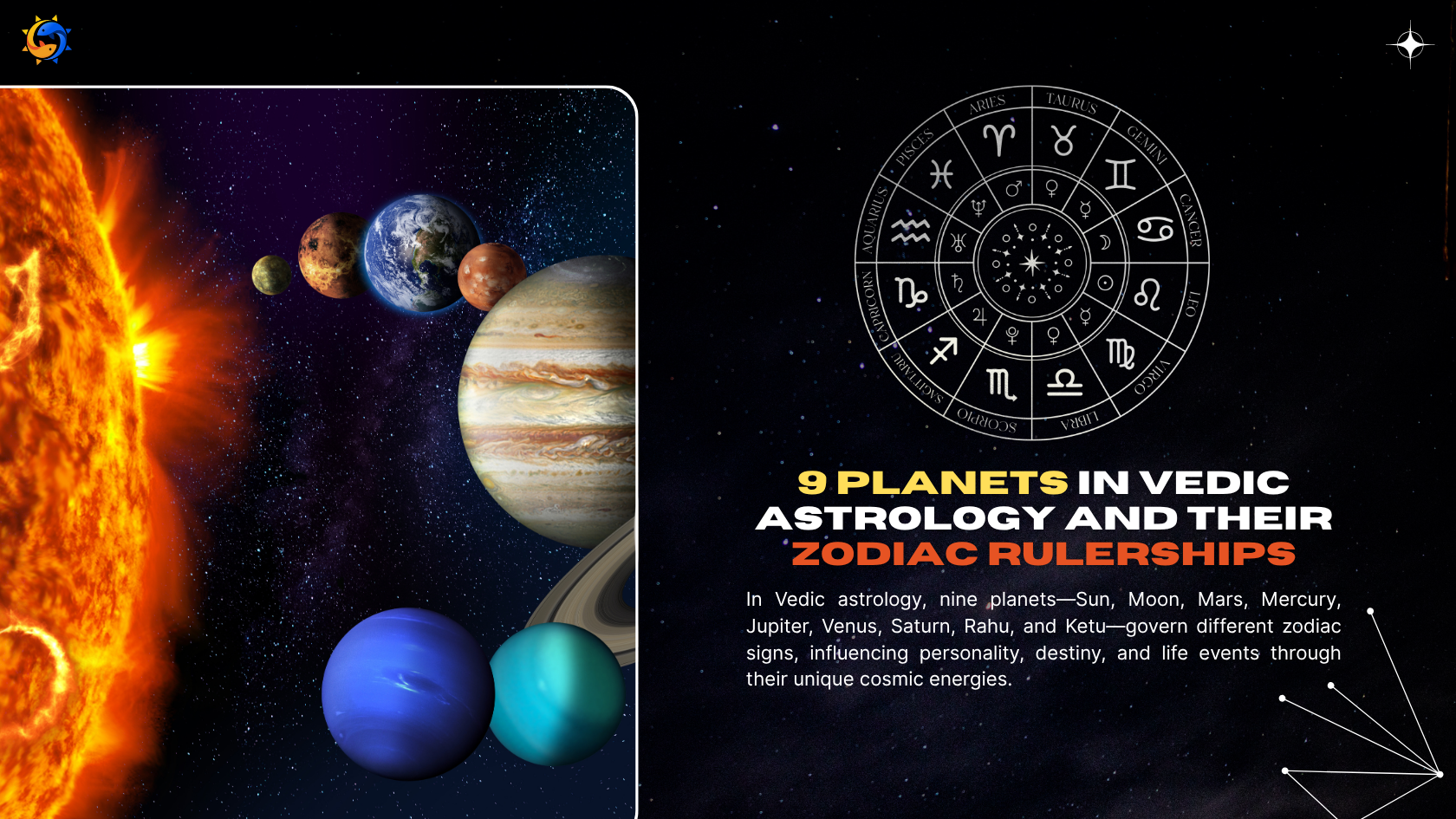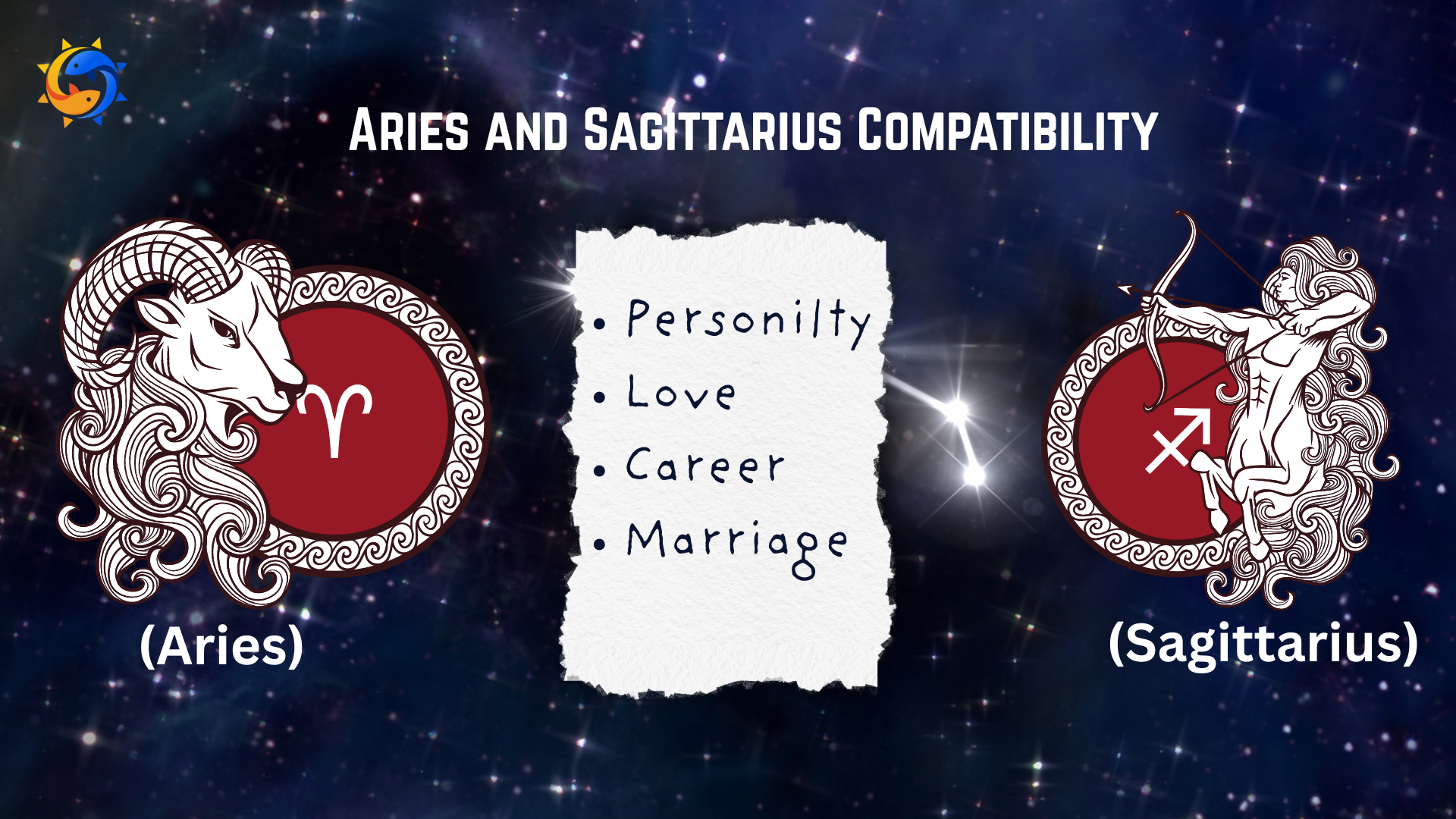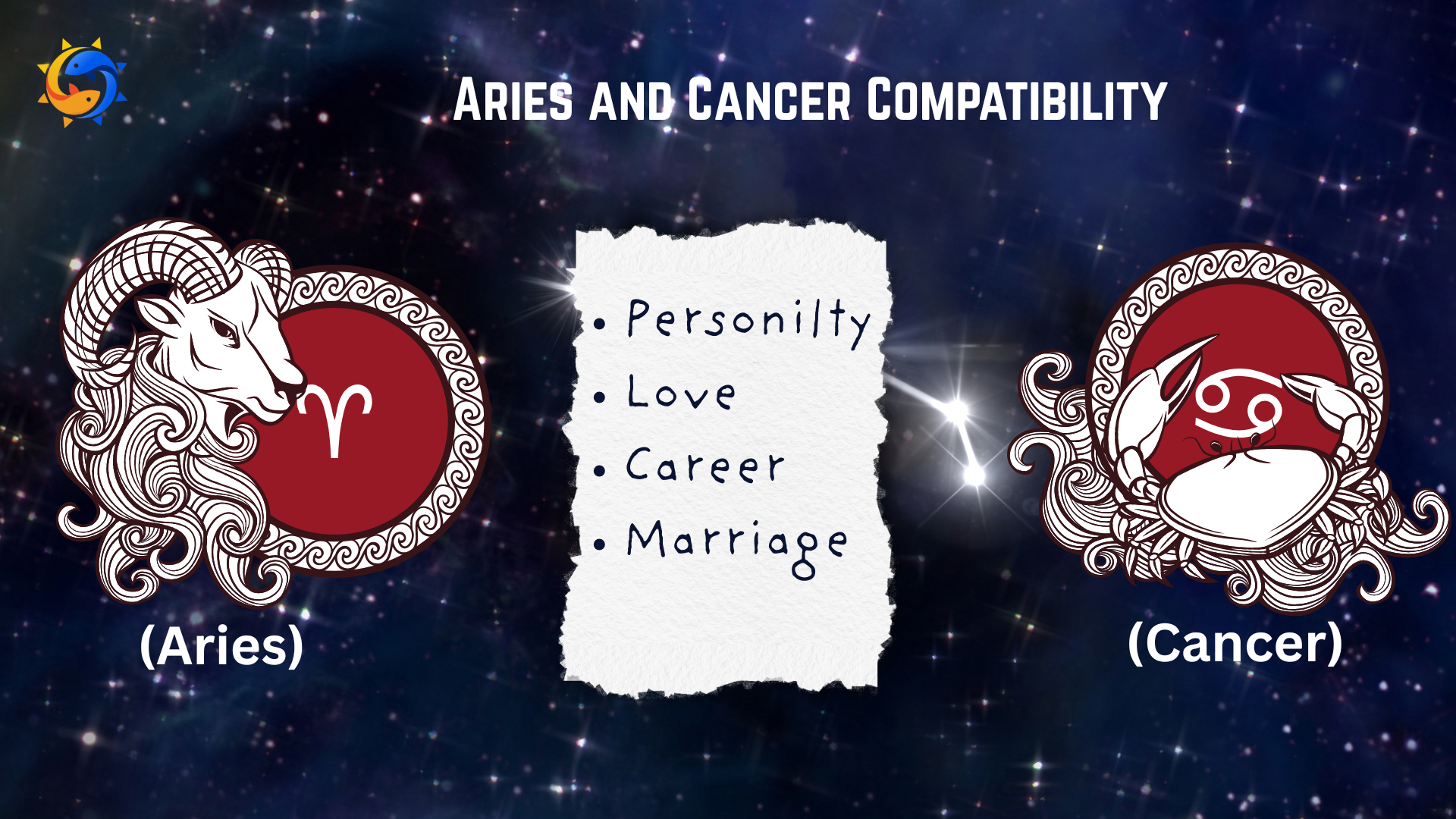Vedic Astrology, also known as Jyotish or Hindu Astrology, is a profound and ancient science that has been practiced in India for thousands of years. Rooted in the Vedas, the oldest sacred texts of Hinduism, Vedic Astrology is a comprehensive system that provides insights into all aspects of life, including personal growth, relationships, health, career, and spiritual development. Unlike Western Astrology, which primarily uses the tropical zodiac, Vedic Astrology uses the sidereal zodiac, which is based on the fixed stars. This article will explore the history, principles, and significance of Vedic Astrology, and how it continues to impact millions of lives today.
The History of Vedic Astrology
Vedic Astrology traces its origins back to the ancient Indian texts known as the Vedas, which were composed over 5,000 years ago. The Rigveda, one of the oldest Vedic scriptures, contains hymns that reference the movements of the sun, moon, and stars, indicating the early development of astrological concepts. However, it was the Vedanga Jyotisha, one of the six auxiliary disciplines of the Vedas, that formalized the principles of Vedic Astrology around 1,500 BCE.
The ancient sages, or Rishis, such as Parashara, Varahamihira, and Bhrigu, made significant contributions to the development of Vedic Astrology. Their works, including the Brihat Parashara Hora Shastra, Brihat Jataka, and Bhrigu Samhita, are still studied and revered by modern astrologers. These texts laid the foundation for the intricate system of astrology that is practiced today, encompassing detailed methodologies for chart interpretation, prediction, and remedial measures.
The Principles of Vedic Astrology
The Sidereal Zodiac
One of the key differences between Vedic Astrology and Western Astrology is the use of the sidereal zodiac. The sidereal zodiac is based on the actual positions of the stars and constellations in the sky, while the tropical zodiac used in Western Astrology is based on the seasonal cycles. This results in a shift of approximately 23 degrees between the two systems, known as the precession of the equinoxes. As a result, the zodiac signs in Vedic Astrology are often different from those in Western Astrology.
The Twelve Houses and Twelve Signs
In Vedic Astrology, the horoscope is divided into twelve houses (Bhavas) and twelve signs (Rashis). Each house represents different aspects of life, such as personality, wealth, communication, family, creativity, health, partnerships, transformation, philosophy, career, gains, and losses. The twelve signs, starting with Aries (Mesha) and ending with Pisces (Meena), correspond to these houses and have their unique characteristics and rulerships.
Planets and Their Significance
Vedic Astrology considers nine planets (Navagrahas) that play a crucial role in shaping an individual's destiny. These planets include the Sun (Surya), Moon (Chandra), Mars (Mangal), Mercury (Budh), Jupiter (Guru), Venus (Shukra), Saturn (Shani), and the shadow planets Rahu and Ketu. Each planet has its distinct qualities, significations, and influences on various aspects of life.
Nakshatras (Lunar Mansions)
Another unique feature of Vedic Astrology is the concept of Nakshatras or lunar mansions. There are 27 Nakshatras, each spanning 13 degrees and 20 minutes of the zodiac. These Nakshatras provide a deeper layer of analysis and help in understanding the subtle influences on an individual's life. The Nakshatras are associated with specific deities, symbols, and characteristics, and their placement in the natal chart plays a significant role in chart interpretation.
Dasha System (Planetary Periods)
The Dasha system is a predictive tool unique to Vedic Astrology. It divides an individual's life into periods ruled by different planets, known as Dashas. The most commonly used Dasha system is the Vimshottari Dasha, which has a cycle of 120 years. Each planet's Dasha has a specific duration and influences the person's life events and experiences during that period. Understanding the Dasha system is essential for accurate predictions and timing of events.
The Significance of Vedic Astrology
Personal Growth and Self-Understanding
Vedic Astrology offers profound insights into an individual's personality, strengths, weaknesses, and life purpose. By analyzing the natal chart, an astrologer can provide guidance on personal growth, helping individuals understand their inherent nature and potential. This self-awareness is invaluable in making informed decisions and navigating life's challenges.
Relationships and Compatibility
Vedic Astrology is widely used to assess compatibility between individuals, particularly in the context of marriage. The system of Kundali matching, or horoscope compatibility, involves comparing the horoscopes of prospective partners to evaluate their compatibility on various levels, such as emotional, intellectual, and physical. This practice helps in making informed decisions regarding relationships and fostering harmonious partnerships.
Health and Well-Being
Vedic Astrology can also provide insights into an individual's health and well-being. By analyzing the placement of planets and houses related to health, an astrologer can identify potential health issues and suggest preventive measures or remedies. This holistic approach to health considers not only the physical but also the mental and spiritual aspects of well-being.
Career and Finance
Choosing the right career path and making financial decisions are critical aspects of life where Vedic Astrology can offer valuable guidance. By analyzing the houses and planets related to career and finance, an astrologer can provide insights into suitable professions, periods of financial growth, and potential challenges. This guidance can help individuals align their career choices with their inherent talents and opportunities.
Spiritual Growth and Karma
One of the most profound aspects of Vedic Astrology is its connection to spiritual growth and karma. The concept of karma, the law of cause and effect, is integral to Vedic Astrology. The natal chart is seen as a reflection of an individual's karmic journey, indicating past actions and their consequences in the present life. By understanding this karmic blueprint, individuals can work towards spiritual growth, self-improvement, and fulfilling their life purpose.
Remedial Measures in Vedic Astrology
Vedic Astrology not only provides insights but also offers remedial measures to mitigate negative influences and enhance positive ones. These remedies, known as Upayas, include a wide range of practices such as:
Gemstone Therapy
Each planet is associated with specific gemstones that can help balance its energy. For example, wearing a ruby can strengthen the Sun's influence, while an emerald can enhance Mercury's energy. Gemstone therapy is a popular and effective remedy in Vedic Astrology.
Mantras and Chants
Reciting specific mantras or chants associated with planets and deities can help harmonize planetary energies. For instance, chanting the Gayatri mantra is believed to strengthen the Sun, while the Mahamrityunjaya mantra is associated with healing and protection.
Yantras and Sacred Symbols
Yantras are geometric designs that represent specific energies and deities. They are used as tools for meditation and to attract positive influences. Placing or meditating on a Yantra associated with a particular planet can help mitigate its negative effects.
Pujas and Rituals
Performing specific rituals and pujas (worship ceremonies) can help appease planets and deities, thereby reducing negative influences and enhancing positive outcomes. These rituals often involve offerings, prayers, and invocations.
Donations and Charity
Donating specific items or money to those in need is another remedial measure in Vedic Astrology. Each planet is associated with certain items, and donating these items on specific days can help alleviate planetary afflictions.
The Practice of Vedic Astrology Today
Vedic Astrology continues to be a vital part of Indian culture and tradition. It is widely practiced not only in India but also among the Indian diaspora around the world. Modern technology has further enhanced the accessibility and accuracy of Vedic Astrology, with computerized horoscopes and online consultations becoming increasingly popular.
Astrologers today combine traditional wisdom with modern techniques to provide comprehensive guidance to individuals. The practice of Vedic Astrology has also expanded beyond personal consultations, with astrologers offering insights through books, articles, videos, and social media platforms. This has helped in spreading the knowledge and benefits of Vedic Astrology to a global audience.
Conclusion
Vedic Astrology, with its deep roots in ancient Indian wisdom, offers a comprehensive system for understanding and navigating the complexities of life. Its principles, rooted in the movements of celestial bodies and the laws of karma, provide profound insights into personality, relationships, health, career, and spiritual growth. By integrating this ancient knowledge into modern life, individuals can gain a deeper understanding of themselves and their life path, and make informed decisions that lead to fulfillment and well-being. Whether through personal consultations or self-study, the timeless wisdom of Vedic Astrology continues to illuminate the path of countless individuals, guiding them towards a harmonious and purposeful life.












